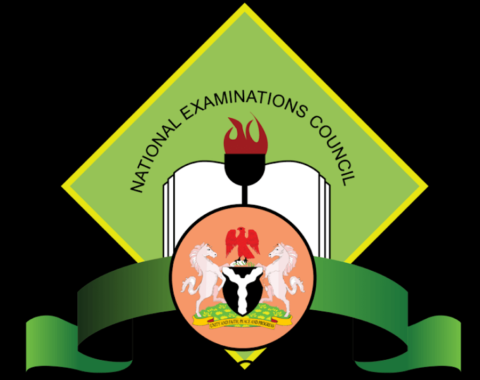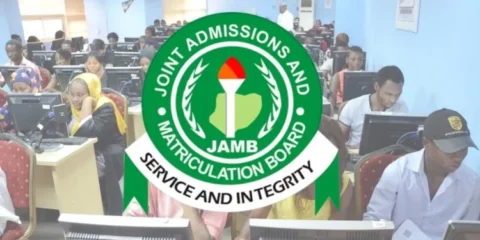As the world commemorated World Youth Skills Day, UNICEF Nigeria has reiterated its dedication to equipping young Nigerians with essential digital and entrepreneurial skills to help close the country’s digital divide.
In collaboration with the Nigerian government, private sector partners such as Microsoft, Airtel, IHS Towers, and various international organisations, UNICEF aims to empower 20 million young Nigerians with digital competencies, workplace readiness, and entrepreneurship training by 2030.
Speaking with THISDAY, Babagana Aminu, Education Specialist at UNICEF Nigeria, disclosed that the initiative has already impacted over nine million youths since its inception in 2021 under the Generation Unlimited Nigeria (GenU) platform.
“Today’s and tomorrow’s job markets demand digital expertise, particularly in AI and emerging technologies,” Aminu noted. “Our goal is to ensure that Nigeria’s youth are prepared to excel in this evolving landscape and contribute meaningfully as citizens.”
However, he highlighted significant challenges hindering skills development, including limited broadband coverage, inadequate electricity supply in rural areas, and pervasive unemployment.
“While 159 million Nigerians technically have internet access, only about half enjoy meaningful broadband connectivity,” Aminu explained. “In rural areas, digital literacy programs are available in merely 20 percent of schools.”
To mitigate these obstacles, UNICEF is providing free skills training through digital platforms like the Nigerian Learning Passport (NLP), developed in partnership with Microsoft and the Federal Ministry of Education.
“For instance, Airtel users can access these platforms without needing mobile data, ensuring inclusion for underserved communities,” Aminu said.
He further shared that UNICEF, through its Passport to Earning programme, offers courses on digital literacy and generative AI.
“In 2025 alone, we plan to train 700,000 young people in AI skills and 500,000 in basic digital literacy,” he revealed. “We’re determined to see Nigerian youth evolve from mere consumers of technology to creators and innovators.”
Addressing gender disparities, Aminu highlighted efforts through the Girls Education and Skills Partnership (GESP). Collaborating with the Foreign, Commonwealth and Development Office (FCDO), Yaba College of Technology, and Save the Children, UNICEF aims to train 50,000 girls and young women—including those living with disabilities—in skills such as web development, mobile app creation, and computer repairs.
“We’re actively working to close the gender gap in technology by providing equal opportunities, mentorship, and internships through corporate partnerships like those with Unilever and Vodafone,” Aminu said.
He stressed that young people should not remain passive beneficiaries but should actively shape their future. Initiatives like the “Young People Action Team” are designed to give Nigerian youth a platform to contribute to decision-making processes, including programme design, delivery, and setting priorities.
“Young people must raise their voices and advocate for the kind of education and skills they need,” he urged. “We’ve built platforms to amplify these voices, especially through social media and youth-led organisations.”
Meanwhile, Deborah Damilola Adelaja, a youth advocate and UNICEF young influencer, called for urgent reforms in Nigeria’s education system to bridge the growing skills gap among the country’s youth.
Adelaja, known for her work promoting digital inclusion and youth empowerment, criticised the current educational model.
“We’re stuck in a system that prioritises grades over growth, theory over practical knowledge, and certificates over competence,” she said. “Too many young people graduate without knowing how to think critically, navigate digital spaces, manage their finances, or communicate effectively.”
She described the gulf between classroom learning and real-world demands as significant and called for a comprehensive overhaul, including updated curricula, better-trained teachers, and a stronger emphasis on digital skills and entrepreneurship.
Adelaja also encouraged young Nigerians to seek out resources and tools to help them develop skills that enhance their employability and personal growth.





